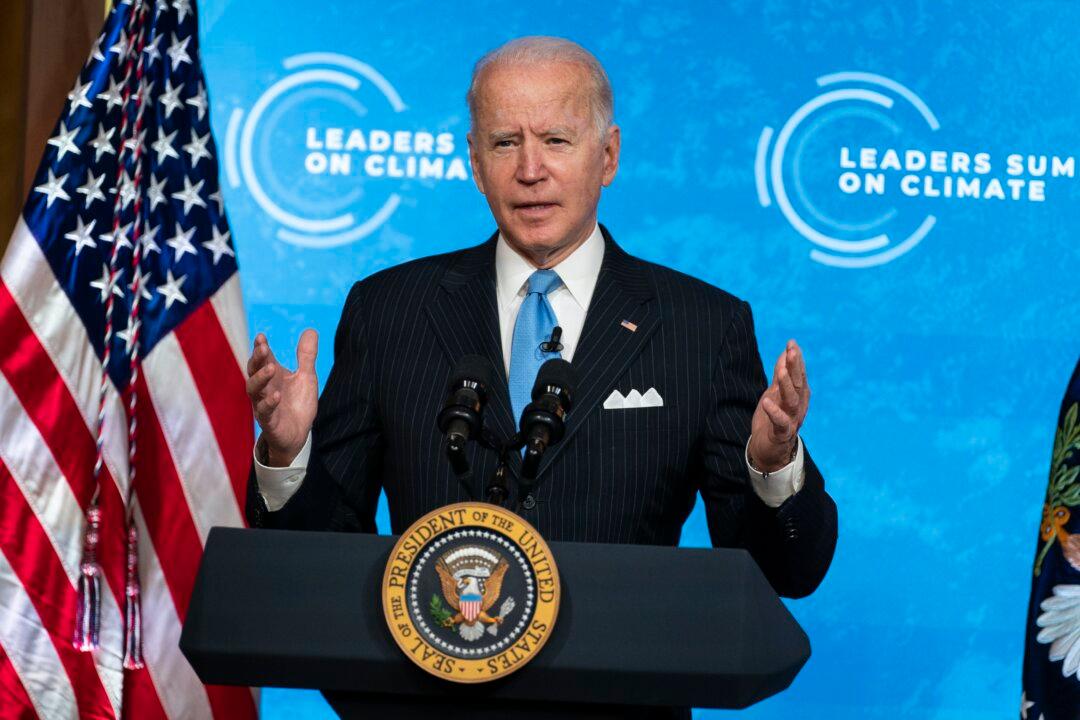Commentary
Anyone who believes the “rich” and large corporations will pay for $28 trillion in debt or the $2 trillion in new deficit has a real problem with math.

Anyone who believes the “rich” and large corporations will pay for $28 trillion in debt or the $2 trillion in new deficit has a real problem with math.